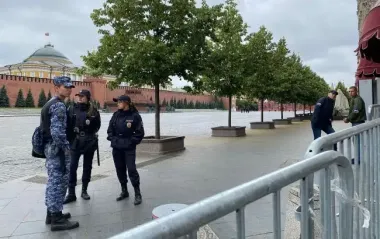Russia has developed the Max app for total internet control of the population — how it works

Russia developed the Max app for “digital sovereignty” and control
Analysts say the launch of Max gives the Kremlin tools for large-scale control over citizens' online activity. The app does not use end-to-end encryption, making it vulnerable to surveillance.
Russia has long sought so-called "digital sovereignty" — a rejection of Western technologies. The Kremlin has used China as a model, where the entire digital space is under state control.
Max sets a precedent where one app becomes an all-in-one messenger, bank, passport, and festival pass. This will allow the Kremlin to centralize control over citizens.
Since 2022, Russia has increased pressure on foreign digital platforms. Facebook, Instagram, and X have been blocked, and access to YouTube and TikTok has been restricted.
In July, authorities recorded a record 2,591 mobile internet shutdowns. Authorities claim this is to protect against Ukrainian drones, but human rights activists see it as censorship.
Max is being created by VK, which is fully controlled by the state through Gazprom and affiliated shareholders. VK CEO Vladimir Kiriyenko is the son of one of Putin’s closest associates.
The majority of VK’s voting shares are controlled by entities owned by Yuri Kovalchuk, a banker whom the U.S. Treasury Department has called “Putin’s personal banker.” Through VK, the Kremlin gains access to a vast array of user data.
Max is not just a new app, but an attempt by the Kremlin to rewrite digital reality. Since 2011, after protests organized through Facebook and VK, the Russian authorities have begun a systematic purge of the online space.
In 2019, a law was passed allowing for internet traffic filtering, and now Moscow can completely isolate the country from the global internet. According to experts, Max is not a path to digital sovereignty, but the destruction of the old internet.
Despite the government's support, the Max app is unlikely to become popular anytime soon. Analysts say that for now, Russians will only use it to access government services.
In the coming years, people will download it, but they will not use it as their main messenger, believes Roskomsvoboda founder Sarkis Darbinyan. However, over time, pressure from the authorities may change the situation.









